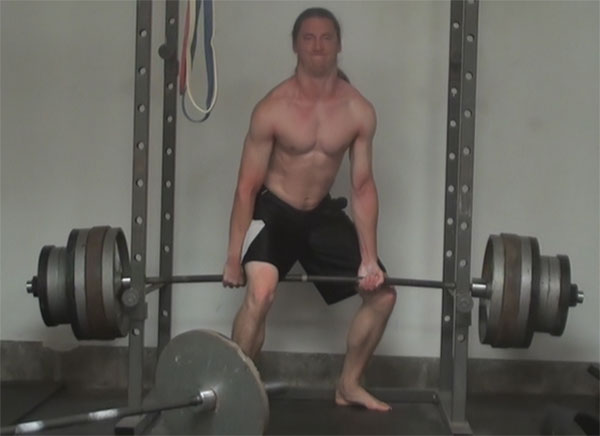Among weightlifters you see psyching up fairly commonly. Among people that do bodyweight training you don’t see it nearly as much. Why is that? Do you know?
If you go back in the sports psychology research from about 30 or so years ago one of the things they often talk about is “Arousal Levels”. This doesn’t have to do with sex though that can provide an analogy. The idea with being aroused is that you get into a heightened state which can reach a “peak” known as an orgasm.
When it comes to exerting strength and physical skill you also need to be in a heightened state. And there can be a peak as well. But that doesn’t mean you want to peak all the time.
In fact, it depends on a number of factors, most notably what you’re doing and what works for you. With gross motor movements that don’t take lots of fine skill you can literally work yourself into a “white rage” and still perform it well. But try that with a complex skill and you’re doomed to failure.
Two examples that illustrate this are the powerlifter and the gymnast. Note that both are practicing state control, it’s just that they are seeking out different levels of arousal.
The powerlifter can go all out for the peak. There is definitely skill involved in his three lifts but not much in comparison to a complex gymnastic routine. They qualify as gross motor movements. Therefore, the peak state can help him to summon all his energies towards a singular Herculean effort.
The gymnast has a routine that lasts sometimes around one minute. It’s not one movement but many strong together requiring the sequencing of different muscles firing and relaxing with very narrow margins for error. They still need a to be “aroused” but too much can be just as detrimental as too little.
A somewhat typical psychup
In the beginning I asked about the difference between weightlifting and bodyweight training. These examples point some of the reasoning for why you may see psyching up occur a lot more in one then in the other.
But it’s not always the case. What if someone used a weighted barbell for a getup? Here balance is a big issue where you must pay attention at all times and it is a sequence of movements that lasts about 15 seconds or so.
What if someone is trying to do their first ever handstand pushup against the wall? Here a psych up could be exactly what they need to help them achieve it. So it all depends in what you’re doing…It also depends on you.
Do you know how to psych up? Have you done it before? Are you aware of when it can help you? And when it can hurt you? Do you use it regularly? Do you think its worthless?
Answer all of these questions and you’ll find out a few things about yourself. There isn’t really much training on psyching up out there. There’s also lots of misunderstanding about what it is. In the end it’s all about controlling your state which is a necessary skill for ANYTHING.
Thus, psyching up for strength training can be a great way to train this skill and at the same time help you to get stronger.


Comments
He he, I liked that article. It is very true. I made the mistake of psyching myself twice. The first time was during a gymnastics competition. My rings routine felt physically easy, but I nearly lost control. And the last time was the first time I performed one arm handstands in a circus act. I didn’t psych myself per se, but when I felt I could suppress my adrenaline flow or leg it go, I chose to let it go. Bad decision. I could barely feel my balance and my hand movements. I didn’t fall, but the handstand moved a lot more than it should have.
Perfect example of psyching yourself out of what you’re doing (too high arousal).